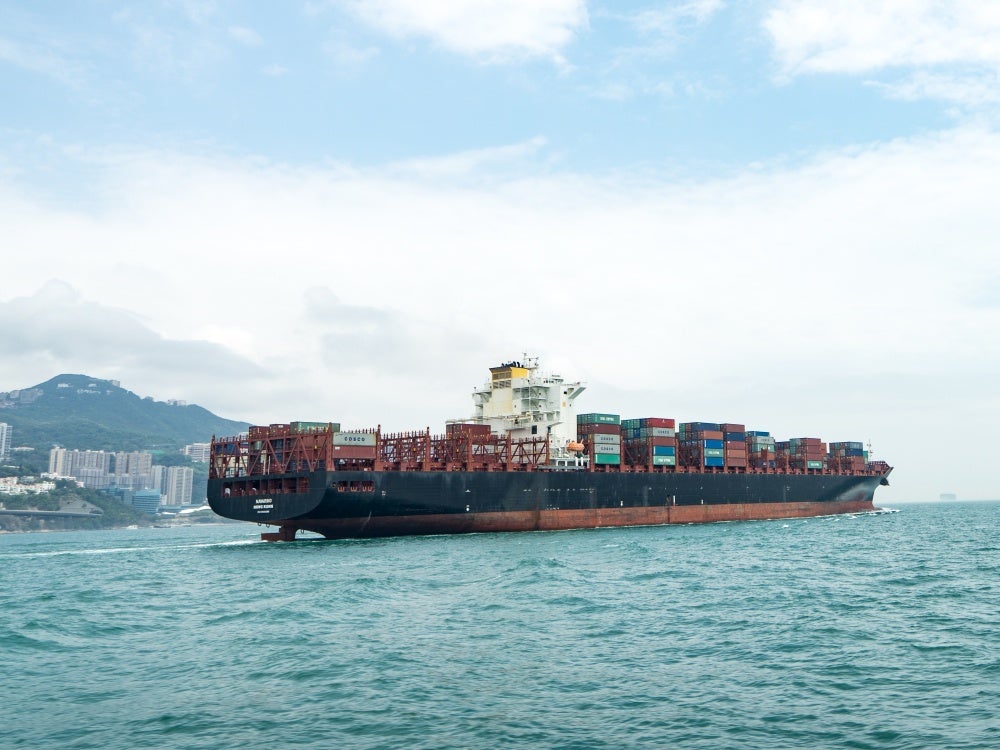04 February 2020
4 min read
#Transport, Shipping & Logistics
Published by:

Cartel conduct is notoriously difficult to detect. Cartel participants don’t advertise they’ve fixed prices, restricted outputs, rigged bids or allocated customers, suppliers, or territories. Cartels often go hidden unless uncovered by chance or someone blows the whistle.
It appears that a shipping line’s decision to call out its partners was a critical factor in the criminal cartel prosecutions of Nippon Yusen Kabushiki Kaisha (NYK) and Kawasaki Kisen Kaisha Ltd (K-Line). But, that doesn’t mean that you should blow the whistle without careful planning – as doing so without planning might land you in water just as hot or fail to provide you with the protection that you seek.
Why would you blow the whistle?
Incentive for whistleblowing arises in the ACCC Immunity and Cooperation Policy for Cartel Conduct (Immunity Policy) and the Commonwealth Director of Public Prosecution’s (CDPP) Immunity from Prosecution in Serious Cartel Offences policy (CDPP Policy). Each is designed short circuit cartel arrangements with the promise of immunity from civil proceedings and criminal prosecution. The significance of immunity cannot be underestimated, when you consider the substantial fines that can be imposed for cartel conduct.
For example, the Federal Court of Australia imposed a fine of $34.5 million on K-Line for its criminal cartel conduct. K-Line approached the ACCC under the Immunity Policy, but was too late to enjoy the benefits under it. So, what if it had acted sooner?
How does immunity work?
Under the Immunity Policy and CDPP Policy applicants may be granted immunity by the ACCC from civil proceedings or the CDPP from criminal prosecution for cartel conduct.
Civil proceedings
For a corporation to be eligible for conditional immunity from civil proceedings, it must:
An initial enquiry is made with the ACCC, which can be made anonymously, to see whether any other party has claimed immunity in respect of the cartel. If not, details of the cartel conduct are provided to the ACCC for investigation. During the process (and as early as possible) the applicant should seek conditional immunity. Once the cartel conduct has been fully investigated and prosecuted and the applicant for immunity has cooperated throughout, the applicant is granted final immunity.
Criminal proceedings
As criminal prosecutions for cartel conduct fall under the CDPP’s purview, the ACCC and CDPP have a Memorandum of Understanding to deal with immunity applications in a consistent manner.
Grounds for refusing immunity
The Immunity Policy provides that the ACCC is unlikely to grant conditional immunity if the applicant applies for it after the ACCC already has evidence that is likely to establish a contravention of the CCA arising from the cartel conduct.
Exclusions from the immunity
The Immunity Policy only covers cartel conduct. It does not also extend to immunity from prosecution for ‘concerted practices’ that have the purpose, effect or likely effect of substantially lessening competition in the market.
This carve out is critical for persons who are considering making disclosures to the ACCC, because cartel conduct may also constitute concerted practices. So, a party could make a disclosure under the belief that it may enjoy immunity, whereas it actually exposes itself to other proceedings.
Be savvy not sorry
The Immunity Policy and the CDPP Policy are powerful tools for corporations seeking a clean slate.
But before taking the leap, it’s important to think twice about the implications of approaching the ACCC:
1. Name your vices
Characterise what contraventions of the CCA you may have engaged in. Conduct that contravenes other provisions of the CCA may affect your disclosure strategy and the way you approach cooperation with the ACCC and CDPP, if at all.
2. It is all in or nothing
If you enter an immunity arrangement with the ACCC or the CDPP be prepared to go all in. Failure to continue cooperating could result in a revocation of the immunity.
3. Think big and coordinate
If your cartel involved overseas stakeholders or you have similar arrangements overseas, you could be asked by the ACCC to allow for limited disclosure in these overseas jurisdictions. This could result in proceedings against you. It could also prompt you to consider cooperating with enforcement agencies and seeking immunity in those foreign jurisdictions.
Authors: Nathan Cecil & Rebecca Niumeitolu
*This article was originally published in Shipping Australia.
Disclaimer
The information in this publication is of a general nature and is not intended to address the circumstances of any particular individual or entity. Although we endeavour to provide accurate and timely information, we do not guarantee that the information in this newsletter is accurate at the date it is received or that it will continue to be accurate in the future.
Published by: